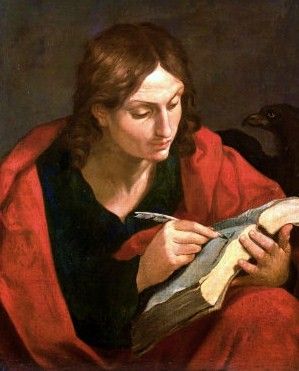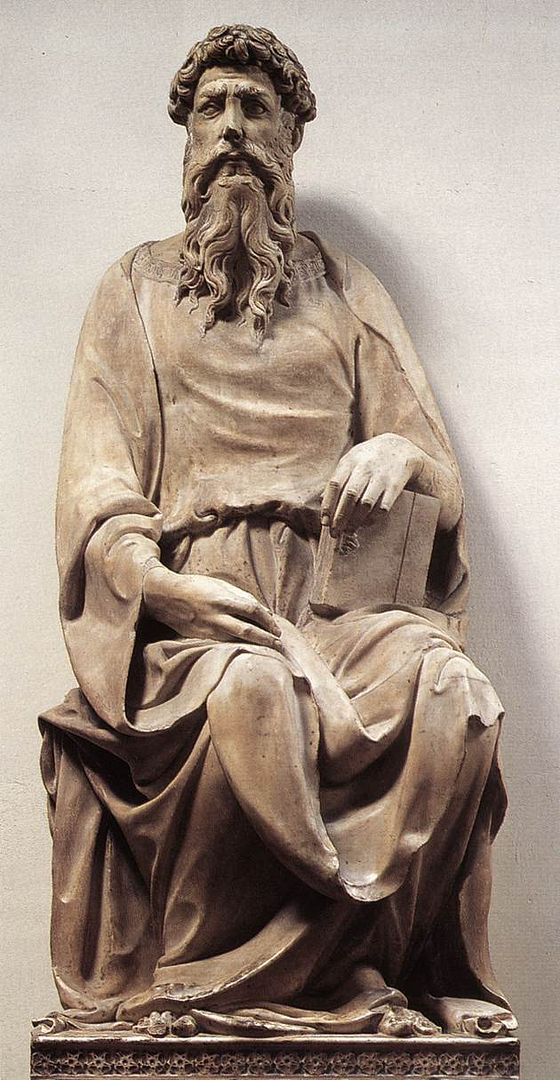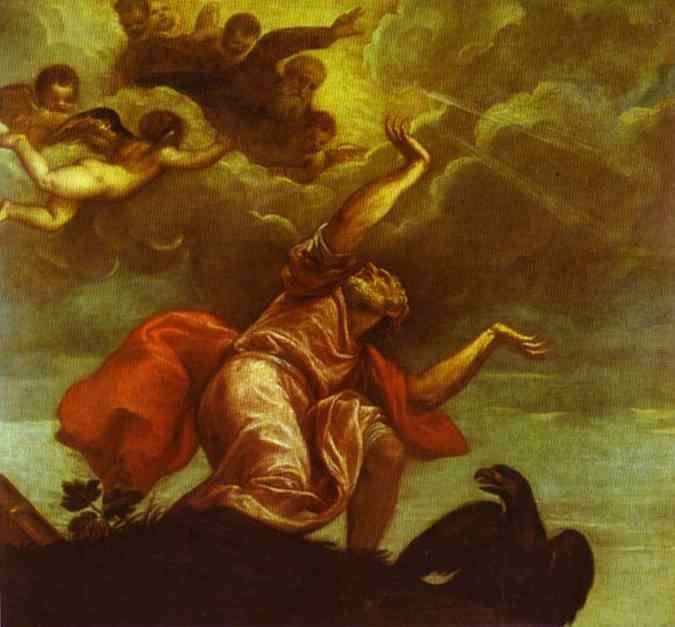Today, December 27, we the feast day of Saint John the Evangelist (died 101), the Beloved Disciple of Jesus, also known as the Disciple of Charity. Saint John preached a message of love and service to one another, a lesson he learned directly from Jesus. He persistently emphasized his followers, and still today, us, to “love one another.” It is the basis of the Christian faith: “The way we came to know love was that he laid down his life for us; so we ought to lay down our lives for our brothers.” (1 John 3:16)
Saint Augustine wrote extensively on the themes of love, life, and fellowship that underscore the Gospel of John. Here, the first of three excerpts from the writings of Saint Augustine on the Gospel of Saint John:
Consider what is said to you: Love God. If you say to me: Show me whom I am to love, what shall I say if not what Saint John says: No one has ever seen God! But in case you should think that you are completely cut off from the sight of God, he says: God is love, and he who remains in love remains in God. Love your neighbor, then, and see within yourself the power by which you love your neighbor; there you will see God, as far as you are able.
Begin, then, to love your neighbor. Break your bread to feed the hungry, and bring into your home the homeless poor; if you see someone naked, clothe him, and do not look down on your own flesh and blood.
What will you gain by doing this? Your light will then burst forth like the dawn. Your light is your God; he is your dawn, for he will come to you when the night of time is over. He does not rise or set but remains for ever.
In loving and caring for your neighbor you are on a journey. Where are you traveling if not to the Lord God, to him whom we should love with our whole heart, our whole soul, our whole mind? We have not yet reached his presence, but we have our neighbor at our side. Support, then, this companion of your pilgrimage if you want to come into the presence of the one with whom you desire to remain for ever.
Why pray the Rosary every day for a year?
Each time the Blessed Virgin has appeared-- whether it be to Saint Bernadette Soubirous at Lourdes; to Lucia, Jacinta, and Francisco at Fatima; or to Mariette Beco at Banneux-- she has asserted the importance, saving grace, and power of praying the Holy Rosary on a daily basis. Based upon her words, the Rosary is penance and conversion for sinners, a pathway to peace, an end to war, and a powerful act of faith in Jesus Christ. Pope Paul VI presented the Rosary as a powerful means to reach Christ "not merely with Mary but indeed, insofar as this is possible to us, in the same way as Mary, who is certainly the one who thought about Him more than anyone else has ever done."
To show us how this is done, perhaps no one has been more eloquent than the great Cardinal Newman, who wrote: "The great power of the Rosary consists in the fact that it translates the Creed into Prayer. Of course, the Creed is already in a certain sense a prayer and a great act of homage towards God, but the Rosary brings us to meditate again on the great truth of His life and death, and brings this truth close to our hearts. Even Christians, although they know God, usually fear rather than love Him. The strength of the Rosary lies in the particular manner in which it considers these mysteries, since all our thinking about Christ is intertwined with the thought of His Mother, in the relations between Mother and Son; the Holy Family is presented to us, the home in which God lived His infinite love."
As Mary said at Fatima, "Jesus wants to use you to make Me known and loved. He wishes to establish the devotion to My Immaculate Heart throughout the world. I promise salvation to whoever embraces it; these souls will be dear to God, like flowers put by Me to adorn his throne."

Subscribe to:
Post Comments (Atom)









0 comments:
Post a Comment
Thanks for leaving a comment. If you wish to submit a prayer request, however, please do so above, using the "Contact" tab.